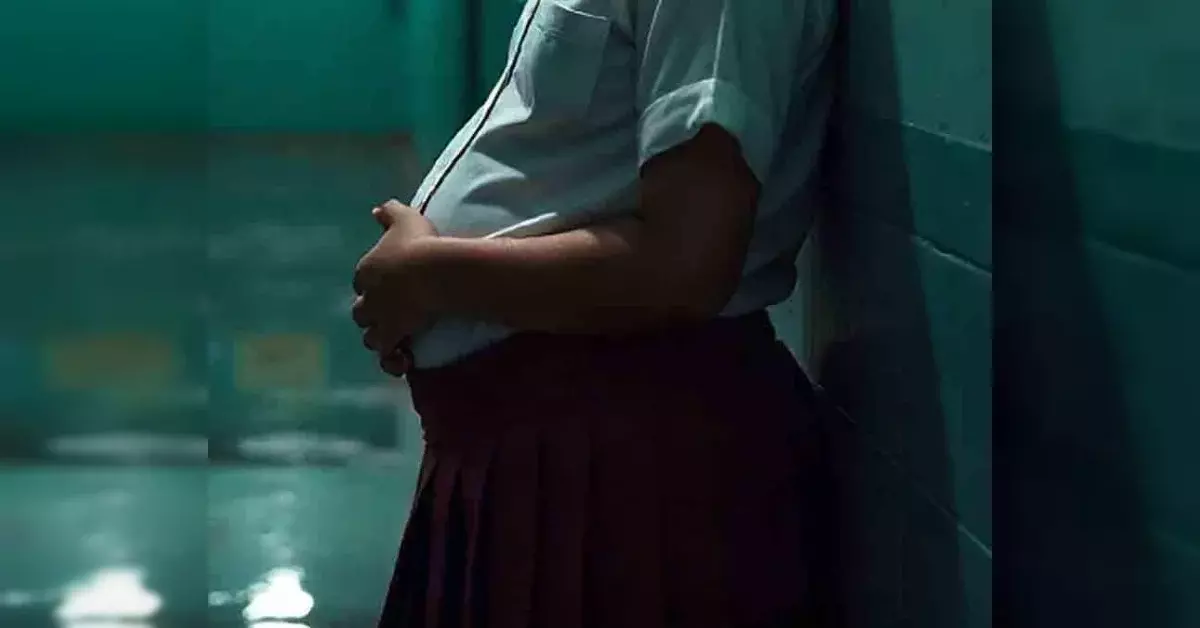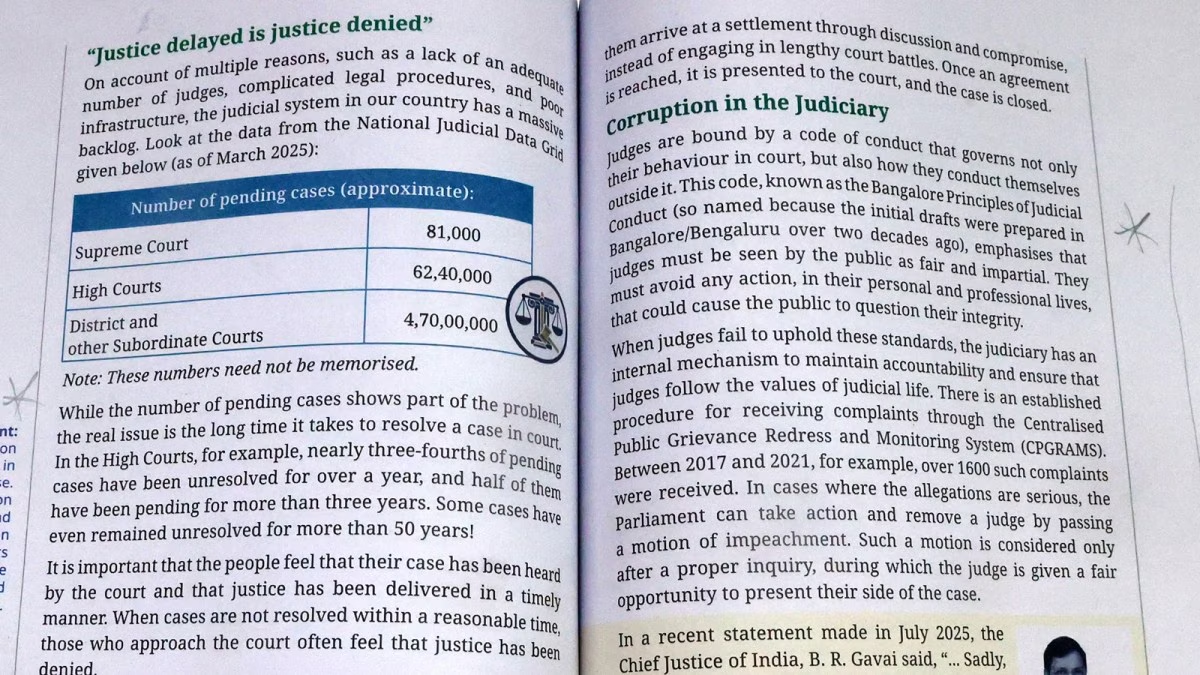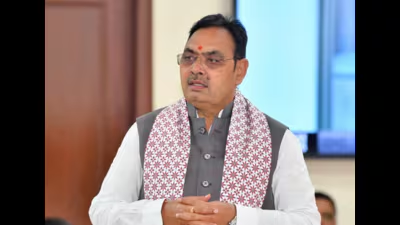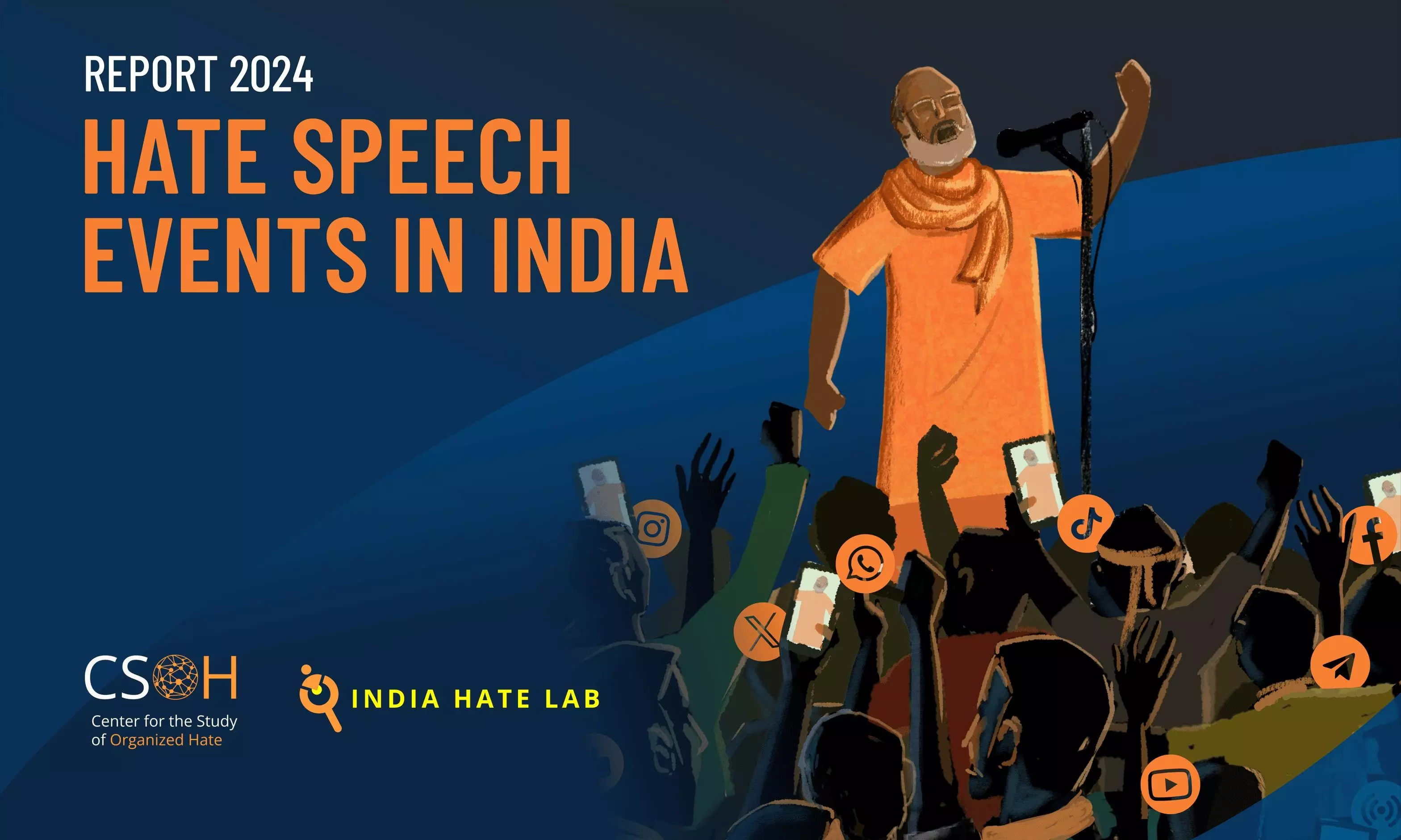
602 hate crimes mostly targeting Muslims, 29 deaths as UP tops list in Modi’s third term: Report
text_fieldsAbout 602 hate crimes and 345 hate speech incidents have been reported across the country, mostly targeting Muslims, with nearly half of the crimes directly linked to right-wing groups; around 29 Muslims, including one woman, were killed, while only 81 of these cases were registered, largely in BJP-ruled states, with Uttar Pradesh topping the list of targeted attacks during the first year of Prime Minister Narendra Modi’s third term, according to a report.
A recent report released by United Against Injustice and Discrimination (UAID) has revealed that India witnessed a significant rise in hate crimes and hate speech targeting Muslims during the first year of the Modi government’s third term, but only 13% of these incidents resulted in the registration of First Information Reports (FIRs).
According to the findings, 267 of the hate crime incidents were directly linked to right-wing outfits, with the majority of the victims being Muslims, who were subjected to harassment, physical violence, and intimidation, often based on their visible religious identity.
The highest number of incidents was reported in Uttar Pradesh with 162 cases, followed by Madhya Pradesh and Maharashtra with 68 and 60 respectively, while incidents of violence and hate speech were also spread across several other states. The report found that 398 of the 602 incidents involved harassment or intimidation of religious minorities, out of which 214 involved political parties or affiliated organisations.
Physical assaults accounted for 173 cases, and of these, 119 were committed due to visible signs of religious identity such as attire or appearance, while others were motivated by inter-community relationships, religious conversion, and non-vegetarian food practices. The report also pointed to emerging hotspots of communal tension such as Uttarakhand, where recent events involving accusations of sexual assault and disputes over religious sites have contributed to the rising atmosphere of hostility.
The report further stated that although hate activity linked to the Lok Sabha elections in May subsided within weeks, ongoing communal mobilisation in some states continued to endanger the safety of minority communities, particularly Muslims.
Notably, Uttarakhand and Uttar Pradesh continued to witness the highest concentration of both hate crimes and hate speech incidents, with authorities accused of inaction in most of the cases. Among the 602 hate crime cases, political or organisational involvement was visible in nearly half, and the victims’ experiences were marked by a lack of legal recourse, with FIRs rarely filed and appropriate police responses absent in most situations.
Alongside the hate crime report, UAID also documented 345 incidents of hate speech, including inflammatory remarks made by elected representatives and right-wing organisations. It noted that 109 such incidents were linked to political party members or their affiliates, with the majority recorded in states ruled by the Bharatiya Janata Party (BJP), such as Uttar Pradesh, Maharashtra, and Jharkhand.
Eleven BJP-ruled states reported hate speech cases, with some of the most prominent figures implicated, including members of parliament and chief ministers. Of the 345 incidents, 212 were considered to meet all the criteria for inciting discrimination, hostility, or violence, and a substantial number occurred in public gatherings, press conferences, and online platforms.
The Citizens for Peace and Justice (CJP), in a separate report, documented 180 hate crime incidents against Muslims during just two months—April and May—following the Pahalgam terrorist attack, including three murders and 99 hate speeches, with 36.66% of these acts explicitly described as revenge for the attack.
The CJP report noted that police action was appropriately taken in only 15 of these 180 cases, while in 17 incidents, the police were alleged to have harmed Muslim victims instead of protecting them, and FIR details were unavailable in 135 cases.
Adding to the data, the Centre for Study of Society and Secularism reported a 270% rise in hate crimes from 33 cases in 2023 to 122 in 2024, with Maharashtra alone contributing to 38% of the increase.
With 96% of victims identified as Muslims, the rise in communal attacks has raised serious concerns among civil society organisations, who have questioned the role of political rhetoric and government inaction in enabling an environment of impunity and discrimination.























